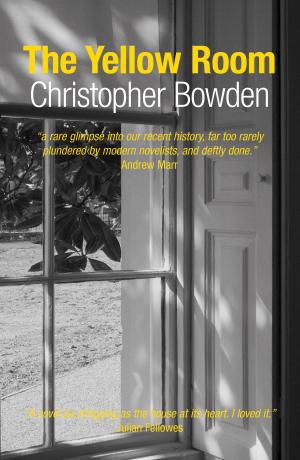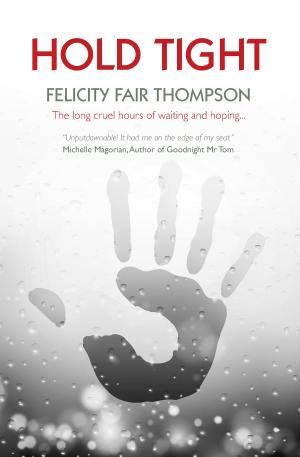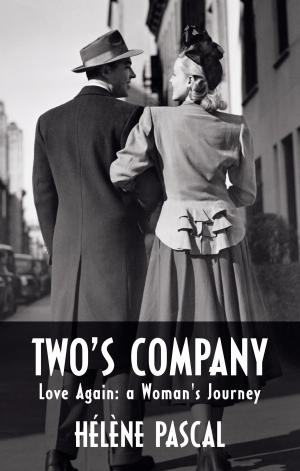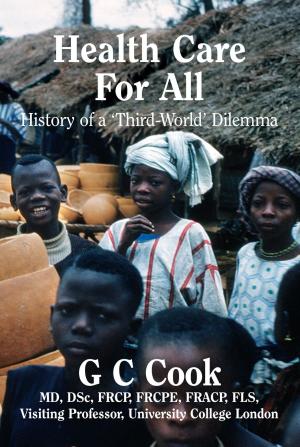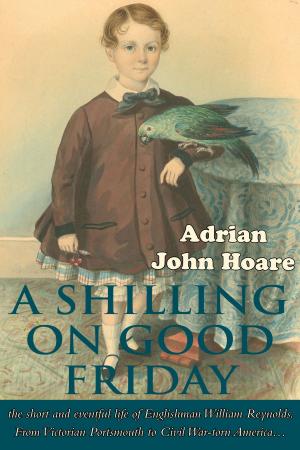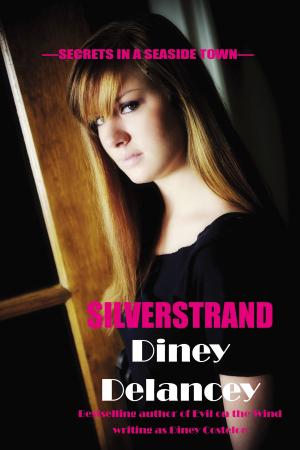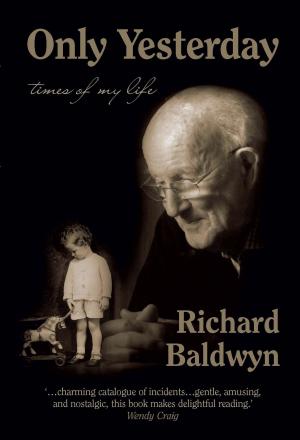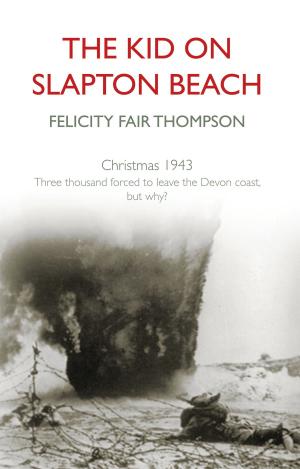| Author: | Susan Tickner | ISBN: | 9781908557322 |
| Publisher: | Amolibros | Publication: | July 27, 2012 |
| Imprint: | Smashwords Edition | Language: | English |
| Author: | Susan Tickner |
| ISBN: | 9781908557322 |
| Publisher: | Amolibros |
| Publication: | July 27, 2012 |
| Imprint: | Smashwords Edition |
| Language: | English |
‘Anyway, what I want to know is, if it’s possible to have my two eldest children put away somewhere. They are causing a terrible lot of unhappiness between my husband and me. So I feel sure that if they were away there would be much more happiness all round…’
The true story of a little girl sent to Australia under the Child Migrant Scheme.
In 1952, a little girl, Sue, the author of this book, and her brother, Roy, were sent to Australia by their mother under the Child Migrant Scheme. Sue and Roy’s mother had remarried, and she had been bullied by their new stepfather into getting rid of them, since he only wanted his own children.
As you read Sue’s story, from the traumatic arrival in Australia to the effects it was to have on her for the rest of her life, many unanswered questions arise, and it is only in the final denouement that the dust begins to be swept from under the carpet. The authorities of those times had much to answer for. The final revelations would never have come to light unless Sue had relentlessly pursued her own tempestuous voyage of discovery. We begin to wonder how many more innocent, insecure victims there are around us, victims of others’ manipulation for their own convenience. Her direct, simplistic style makes for compulsive reading. Nothing seems to change either human nature, or the inability of those ‘in charge’ to couple their authority with compassion.
On a personal level, Sue has unravelled many tangled threads and sought to come to terms with her cruel childhood. At the time, she could not have begun to understand the complexities and deviations of human manipulation. Now, in her mellower years and surrounded by a loving family, she is still trying to put this monstrous experience behind her.
Goodbye, Mummy Darling should be essential reading for every student social worker.
§
‘She would grab my hair and bang my head against the wall and say, “You will call me Mother.” I was terrified of her.’
‘I can’t remember crying; I was too scared to cry, too scared to make any noise, and I lay very still in my bed until eventually exhaustion made me fall asleep.’
‘Anyway, what I want to know is, if it’s possible to have my two eldest children put away somewhere. They are causing a terrible lot of unhappiness between my husband and me. So I feel sure that if they were away there would be much more happiness all round…’
The true story of a little girl sent to Australia under the Child Migrant Scheme.
In 1952, a little girl, Sue, the author of this book, and her brother, Roy, were sent to Australia by their mother under the Child Migrant Scheme. Sue and Roy’s mother had remarried, and she had been bullied by their new stepfather into getting rid of them, since he only wanted his own children.
As you read Sue’s story, from the traumatic arrival in Australia to the effects it was to have on her for the rest of her life, many unanswered questions arise, and it is only in the final denouement that the dust begins to be swept from under the carpet. The authorities of those times had much to answer for. The final revelations would never have come to light unless Sue had relentlessly pursued her own tempestuous voyage of discovery. We begin to wonder how many more innocent, insecure victims there are around us, victims of others’ manipulation for their own convenience. Her direct, simplistic style makes for compulsive reading. Nothing seems to change either human nature, or the inability of those ‘in charge’ to couple their authority with compassion.
On a personal level, Sue has unravelled many tangled threads and sought to come to terms with her cruel childhood. At the time, she could not have begun to understand the complexities and deviations of human manipulation. Now, in her mellower years and surrounded by a loving family, she is still trying to put this monstrous experience behind her.
Goodbye, Mummy Darling should be essential reading for every student social worker.
§
‘She would grab my hair and bang my head against the wall and say, “You will call me Mother.” I was terrified of her.’
‘I can’t remember crying; I was too scared to cry, too scared to make any noise, and I lay very still in my bed until eventually exhaustion made me fall asleep.’


